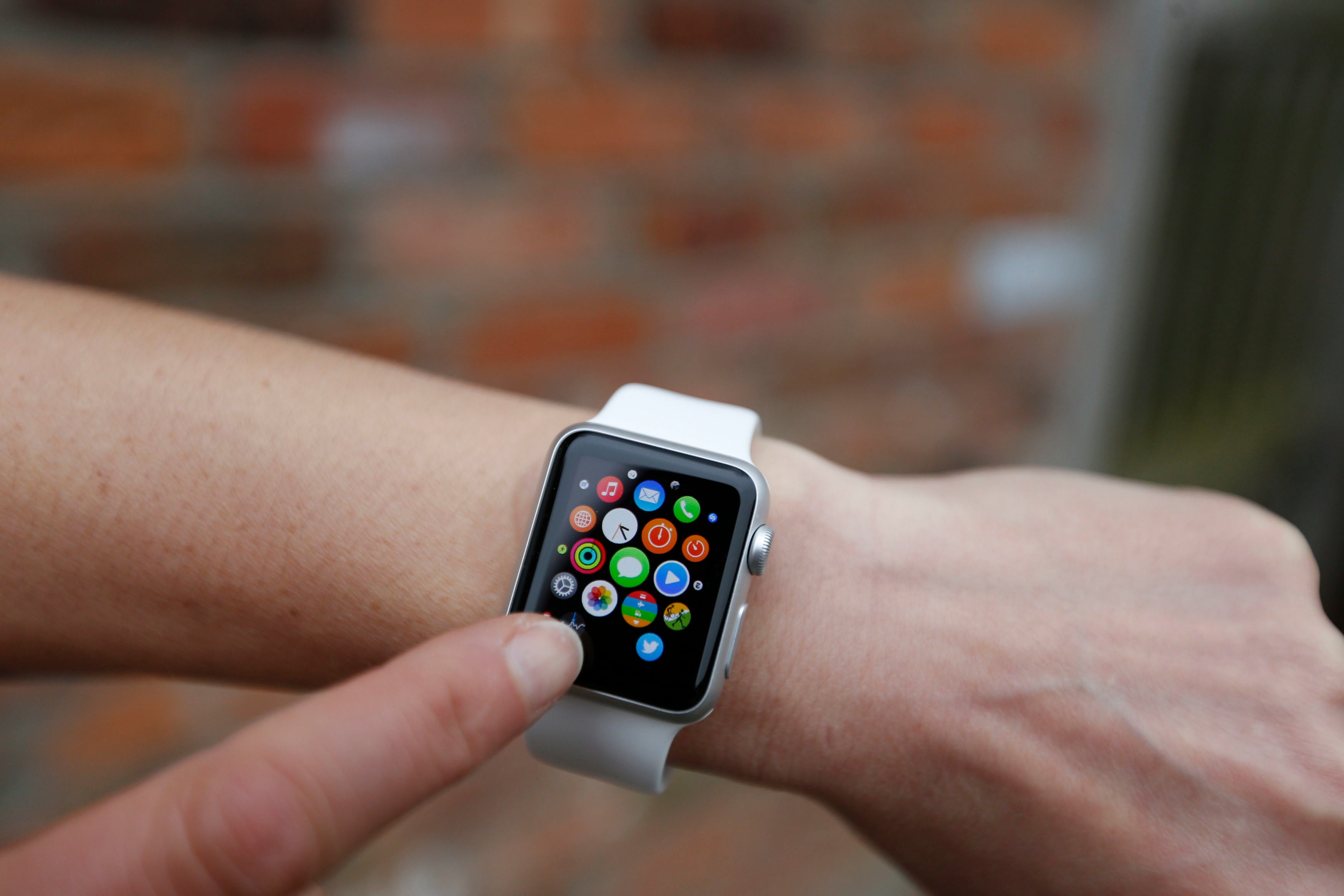Smart watches could detect Parkinson’s seven years before symptoms
Around one in 37 people in the UK will be diagnosed with Parkinson’s in their lifetime

Smart watches could detect Parkinson’s disease seven years before key symptoms appear, a new study has found.
Using artificial intelligence (AI), researchers analysed the speed of participants’ movements over a seven-day period and predicted who would later go on to develop the disease.
Parkinson’s, the fastest-growing neurological condition in the world, is a disease in which parts of the brain become progressively damaged.
The symptoms can be both physical and psychological, including involuntary shaking or tremors, slow movement and stiff and inflexible muscles. Patients may also experience issues with balance, a loss of sense of smell, memory problems or insomnia.
Parkinson’s UK estimates that one in 37 people in the UK will be diagnosed with the disease in their lifetime, with approximately 145,000 people living with the condition in 2020. Men aged between 50 and 89 are 1.4 times more likely to be diagnosed than women.
Led by scientists at the UK Dementia Research Institute and Neuroscience and Mental Health Innovation Institute at Cardiff University, the new study collected data from 103,712 people who wore a medical-grade smart watch for a seven-day period between 2013 and 2016.
The watches calculated the average speed of each participant, comparing the data with a group of people who had already received a Parkinson’s diagnosis. The AI model was further able to predict a timescale.
Study leaders are hopeful that this new technology could be used as a future screening tool, achieving earlier detection of Parkinson’s than current processes allow and facilitating access to earlier treatment for patients.
Dr Cynthia Sandor, emerging leader at the UK Dementia Research Institute at Cardiff University, said: “With these results we could develop a valuable screening tool to aid in the early detection of Parkinson’s.
“This has implications both for research, in improving recruitment into clinical trials; and in clinical practice, in allowing patients to access treatments at an earlier stage, in future when such treatments become available.”
Dr Kathryn Peall, clinical senior lecturer in the NMHII (Neuroscience and Mental Health Innovation Institute) at Cardiff University, notes that since early diagnosis is currently very difficult, this promising new technology could allow patients critical access to treatment before they experience extensive brain damage.
Typically, by the time symptoms present, more than half of the cells in the substantia nigra – the area of the brain that houses dopaminergic neurons - will already have died.
“For most people with Parkinson’s disease, by the time they start to experience symptoms, many of the affected brain cells have already been lost”, Dr Peall added.
“Though our findings here are not intended to replace existing methods of diagnosis, smart watch data could provide a useful screening tool to aid in the early detection of the disease.
“This means that as new treatments hopefully begin to emerge, people will be able to access them before the disease causes extensive damage to the brain.”
The study has been published in Nature Medicine.






Join our commenting forum
Join thought-provoking conversations, follow other Independent readers and see their replies
0Comments